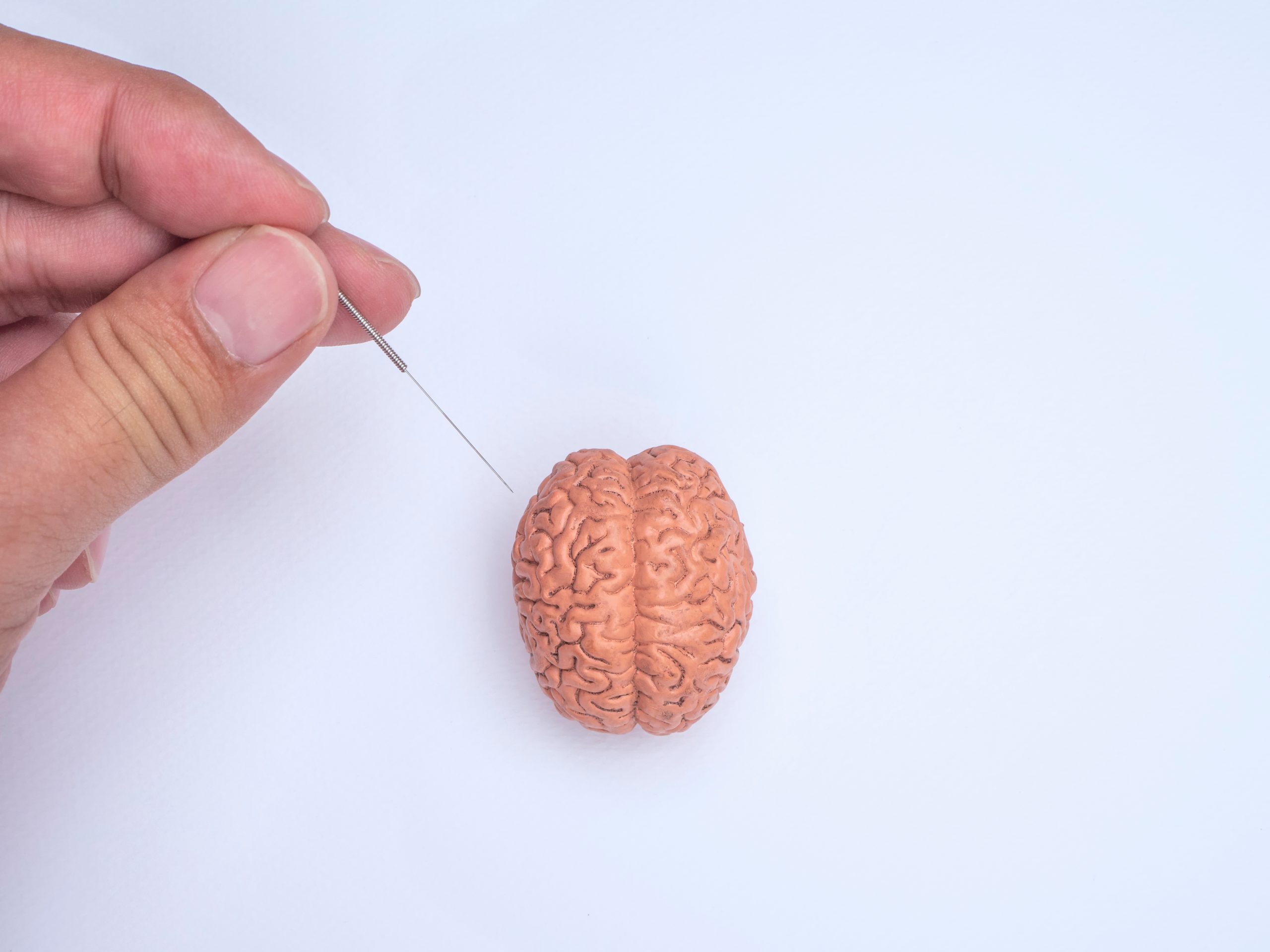The brain is a complex and vital organ that plays a crucial role in our overall well-being. Taking care of our brain health is essential for maintaining cognitive function, memory, and mental well-being. By following a few simple tips, you can support a healthy brain throughout your life. In this article, we’ll explore some effective tips for maintaining a healthy brain.
- Engage in Regular Exercise
Physical exercise is not only beneficial for your body but also for your brain. Engaging in regular aerobic exercise, such as walking, jogging, or swimming, promotes blood flow to the brain, enhances oxygen delivery, and stimulates the growth of new brain cells. Aim for at least 150 minutes of moderate-intensity aerobic exercise per week to support brain health.
- Adopt a Brain-Boosting Diet
A healthy diet can provide essential nutrients that support brain health. Incorporate a variety of fruits, vegetables, whole grains, lean proteins, and healthy fats into your meals. Foods rich in omega-3 fatty acids, such as fatty fish (salmon, mackerel, and sardines), walnuts, and flaxseeds, have been shown to support brain health. Limit processed foods, sugary snacks, and saturated fats, which can have negative effects on brain function.
- Get Adequate Sleep
Quality sleep is essential for brain health and cognitive function. During sleep, the brain consolidates memories, clears out waste products, and recharges for the next day. Aim for 7-8 hours of uninterrupted sleep each night. Establish a regular sleep routine, create a comfortable sleep environment, and practice good sleep hygiene habits to promote restful sleep.
- Challenge Your Brain
Mental stimulation is vital for maintaining a healthy brain. Engage in activities that challenge your brain, such as puzzles, reading, learning a new skill, or playing strategic games like chess or Sudoku. These activities stimulate neural connections and help keep the brain active and sharp.
- Manage Stress
Chronic stress can have detrimental effects on brain health. High levels of stress hormones can damage brain cells and impair cognitive function. Practice stress management techniques, such as deep breathing exercises, meditation, yoga, or engaging in hobbies and activities you enjoy. Finding healthy outlets for stress can protect your brain from the harmful effects of chronic stress.
- Stay Socially Active
Maintaining social connections and engaging in social activities is beneficial for brain health. Social interaction stimulates the brain, enhances cognitive function, and may help reduce the risk of cognitive decline. Stay connected with friends, join clubs or community groups, volunteer, or participate in activities that involve social interaction.
- Protect Your Brain from Injury
Take steps to protect your brain from injury. Wear seatbelts while driving, use helmets when engaging in sports or activities with a risk of head injury, and take precautions to prevent falls, especially as you age. Even minor head injuries can have long-term effects on brain health, so it’s important to prioritize safety.
- Limit Alcohol Consumption
Excessive alcohol consumption can have detrimental effects on brain health. Long-term alcohol abuse can lead to memory problems, cognitive decline, and an increased risk of dementia. If you choose to drink alcohol, do so in moderation. Follow the guidelines recommended by health authorities, which suggest moderate drinking as up to one drink per day for women and up to two drinks per day for men.
- Stay Mentally and Emotionally Positive
Maintaining a positive mindset and emotional well-being can benefit brain health. Negative emotions, such as chronic stress, anxiety, and depression, can impair cognitive function and contribute to cognitive decline. Practice self-care, seek support when needed, and












